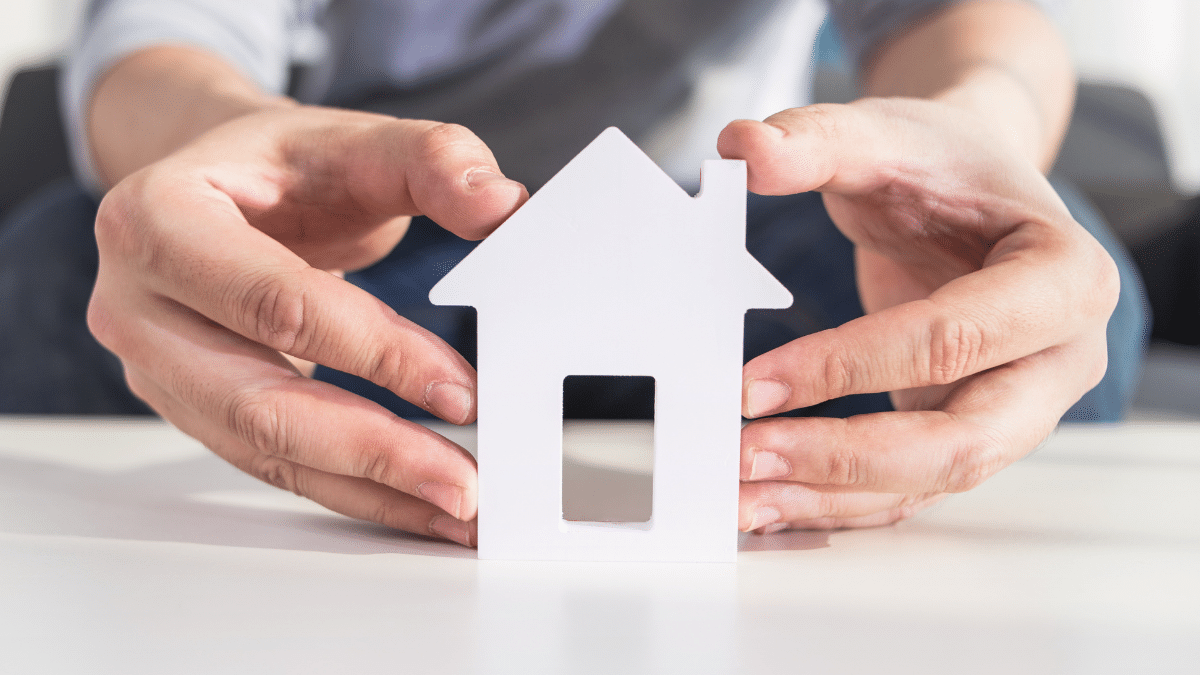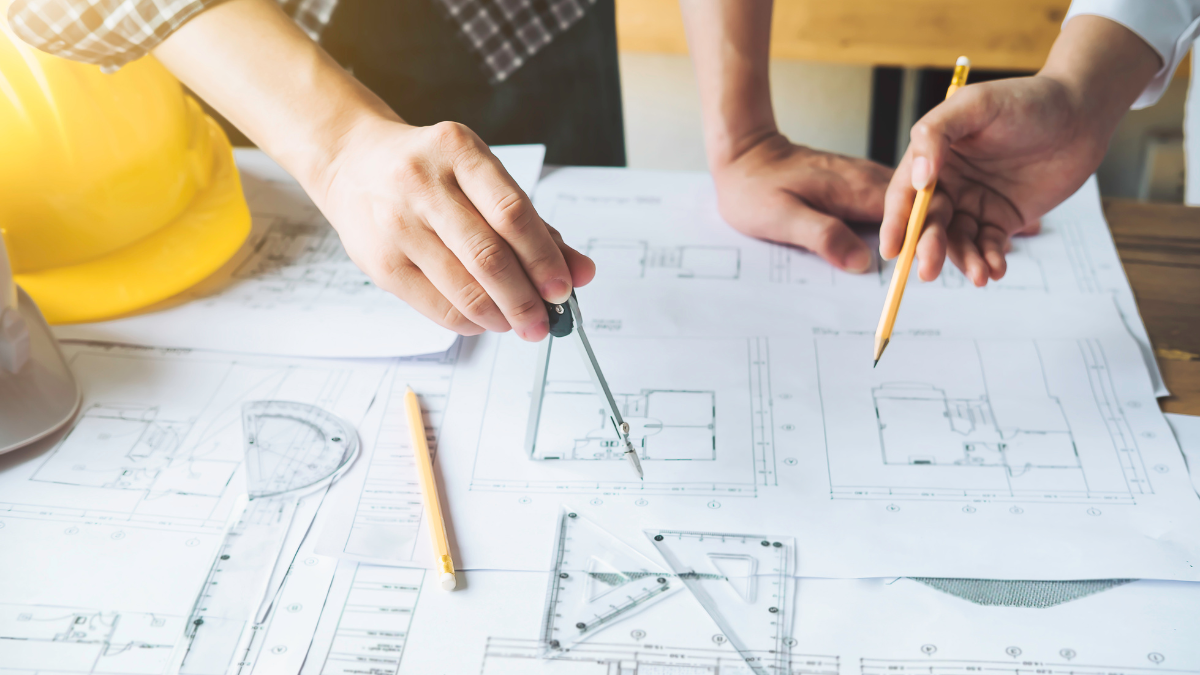
Final Home Price Decoded for Home Buyers
December 27, 2020 . Fundamentals Of Home Buying . 10 min readEveryone has dreamt of a perfect home at some point in their lives. But to get there, it takes meticulous research and planning. A vital part of home buying research is to understand the components of your final home price.
One may tend to consider the base home price of the house and might end up neglecting a host of other expenses. It puts a spanner in the wheels since the actual amount required to own a home is much higher than quoted by the developer. Let us break the costs down and understand the components of the final home price.
Agreement Value:
The agreement value is the primary cost of house. It consists of the basic cost charged by the developer. Let’s look at the break up in detail.
Consider a 2 BHK apartment on the 1st floor with a carpet area of 622 sqft in Thane. It is due for possession in December 2023. Considering the cost per sqft of the property to be ₹ 18,000, the agreement value would be ₹ 1,15,07,000.
Basic cost of apartment on 1st floor = 18,000*622 = ₹ 1,15,07,000
This is the basic cost of the house, basis which the other charges are calculated. It has various components like car parking, floor rise charges, and preferred location charges(PLC). Floor rise charges are for the floor you have selected. PLC comes into the picture when a particular unit is chosen based on its location like sea/park facing, corner, east-facing, etc. The floor rise charges are usually included in the agreement value. Considering a floor rise charge of ₹ 200 per sqft and the apartment to be on the 5th floor, the agreement value of the apartment would be ₹ 1,21,29,000.
(A) Basic cost of apartment on 1st floor + (622*200*5) = ₹ 1,21,29,000
The super built-up area consists of individual components like carpet area, shared spaces, and the external wall thickness. A buyer should understand the concept of the super built-up area before negotiating the prices. The carpet area is the actual area that a homeowner will use. It is exclusive of the wall thickness or any open space like a balcony. Shared spaces are the area the homeowner shares with other homeowners like a shaft, corridor, etc.
Taxes on Home Buying:
There are various statutory fees that one needs to pay the government while buying property. They are categorized as follows.
- Stamp Duty
This is a onetime amount levied by the state government upon processing the sale deed. Stamp duty charges may vary from state to state. They range from anywhere between 2% – 7% of the property value. Stamp duty also varies based on gender. To promote female property ownership, some Delhi offers a 2% cut for women buyers. Calculating 3% stamp duty on the property, the amount payable to the government is ₹ 3,63,870.
Stamp Duty = 3% * 1,21,29,000 = ₹ 3,63,870
- Registration Charges
A majority of states levy 1-2% of the agreement value or ₹ 30,000 (whichever is lower) as a registration fee for registering the house with the government. Haryana, on the other hand, charges a fixed amount irrespective of the property value. Registration charges towards the property taken into consideration is ₹ 30,000.
- Goods and Service Tax (GST)
GST has to be paid only on the under-construction properties. After its rollout in 2017, all other taxes like Sales Tax, VAT, etc. have been subsumed by GST. The same has significantly reduced off late based on the home price. A house below ₹ 45 lacs attracts 1% GST, and anything above that attracts 5% of the home price. GST is payable on every instalment. Based on the above example, the amount of GST payable to the government is ₹ 6,06,450.
GST payable = 5%*1,21,29,000 = ₹ 6,06,450
(B) Total Taxes paid = ₹ 3,63,870+30,000+6,06,450 = ₹ 10,00,320
Miscellaneous Charges, fees and costs
- Building Maintenance charges
An advance on the amenities provided like common-area lighting, parks and recreational area maintenance etc. collected on a periodical basis which is taxable under GST. Once the society welfare association is formed, it is their responsibility to take care of the society maintenance.
- Sinking fund and Campus corpus fund
Sinking fund is the money set aside by the society for future insurance for heavy-duty repairs, structural changes etc. in the farther future. Campus Corpus fund is set aside for the development of common recreational facilities. Both are usually onetime charges.
- Charges/fees by external entities
Legal fee for the home agreement, sale deed registration is an additional charge. Some more expenditure, like document handling charges and Memorandum of Deposit of Title Deed (MODT) charges, should also be planned.
- Interior Costs
When one buys a house, it usually lacks basics like woodwork, painting, furniture etc. which make the house inhabitable. Such expenditures need to be planned for in advance as they have no limit.
- Infrastructure development charges:
To make your house habitable, it needs basic amenities like water, sanitation connections. Also, the developers have to cater for sewage treatment plants, water treatment plants, fire fighting equipment and other facilities. All these necessities fall under infrastructure development charges. The homebuyer will have to pay for their electricity connection to the electricity board.
Let us consider the following miscellaneous charges:
- One time clubhouse charge towards membership – ₹ 2,00,000
- Society Formation Charges – ₹ 5,000
- Legal Expenses – ₹ 40,000
- Electric Connection Charges – ₹ 30,000
- Water Charges – ₹ 15,000
- 12 months advance Maintenance Charges – ₹ 72,000
- Infrastructure Development Charges – ₹ 1,56,000
- Pipeline Gas Connection – ₹ 15,000
(C) Total miscellaneous Expenses = ₹2,00,000+5000+40,000+30,000+15,000+72,000+1,56,000+15,000 = ₹ 5,33,000
Total cost of the house (A) + (B) + (C) = ₹1,21,29,000 + 10,00,320 + 5,33,000 = ₹ 1,36,62,320
In conclusion, it is advisable to budget for all the components of the final home price by doing thorough research so that one doesn’t face any surprises on the way to realising the home buying dream.






